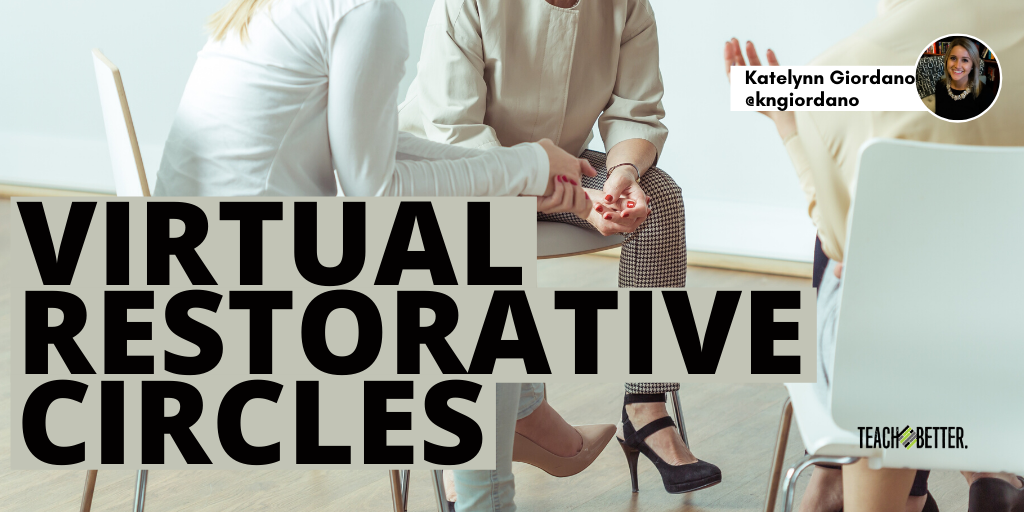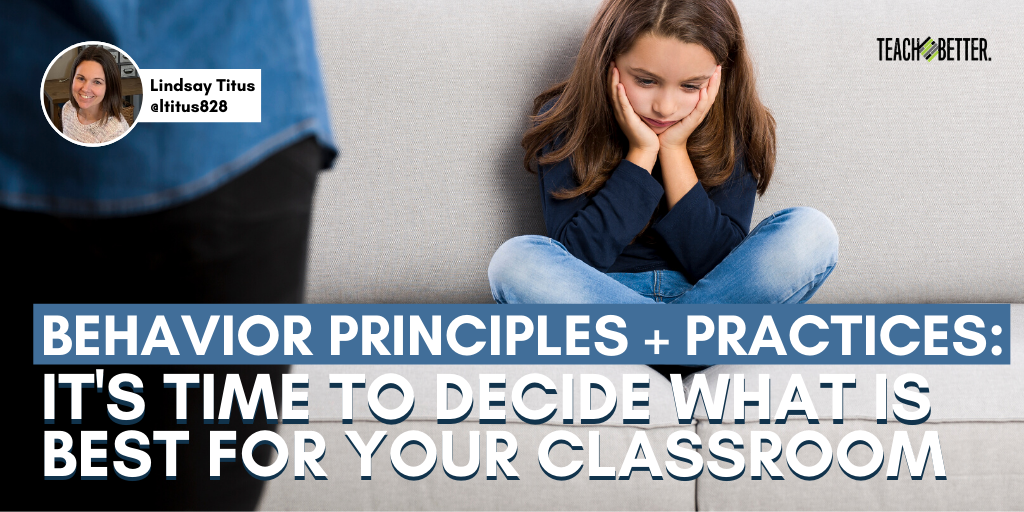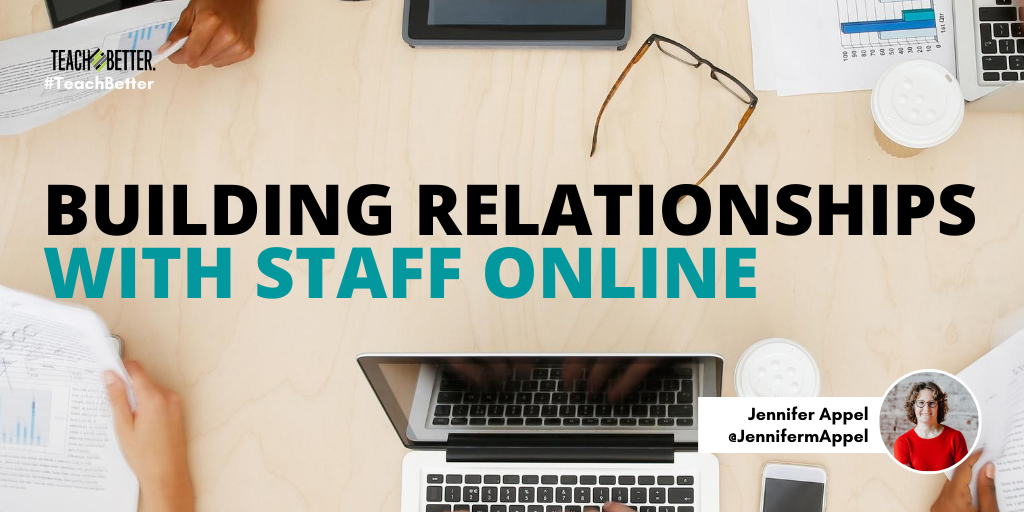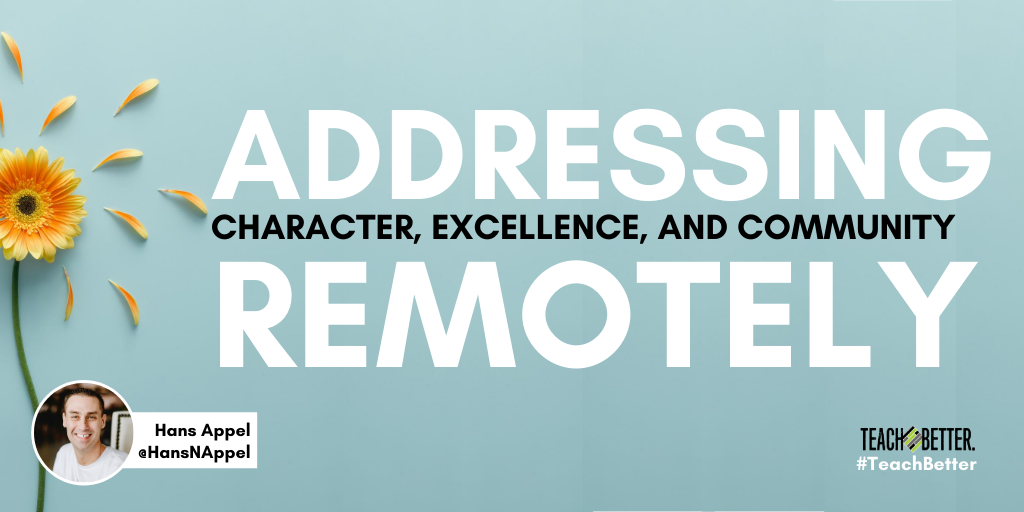TL;DR: Restorative circles are personal class discussions. Some benefits of restorative circles for your students include building community and creating a sense of acceptance. Restorative circles can provide a safe environment for students both in-person and virtually. I learned of restorative circles at the December 2019 AIMS Network Conference. The session I attended described how these circles transformed classroom culture … Read More
Behavior Principles + Practices: It’s Time to Decide What is Best for YOUR Classroom
TL;DR: Turning behavior principles into behavior practices using clearly defined expectations, visual supports, and connecting with students. Understanding the principles can help us create an authentic classroom community. As a board-certified behavior analyst, I spend a lot of my time teaching and training about behavioral principles. We unpack what they are and what they are not. Together with teams, I … Read More
Effective Decision Making: Using Core Values as the Filter
TL;DR: Reflecting on our core values helps us filter through the decisions we make to ensure they are purposeful and effective. Involving team members in decision making can help to increase the likelihood that all members support the outcome. Using core values to make decisions helps to prevent decision-making fatigue. Research shows that adults make an average of 35,000 decisions per … Read More
Building Relationships with Staff Online
TL;DR: Build relationships with staff by maintaining a consistent connection, having fun, removing obligations, and engaging everyone. Having a game morning meeting, using social media, and having office hours to chat, brainstorm, or ask questions are just some ways to strengthen relationships with colleagues. Thinking of your colleagues as a family can help foster successful relationships. “Education is understanding relationships” … Read More
Addressing Character, Excellence, and Community Remotely
TL;DR: Addressing character, excellence, and community with your students is a necessary part of education that should not be forgotten in a virtual setting. Strategies for addressing character, excellence, and community remotely include modeling appropriate character for our students, providing opportunities for student empowerment, and being there for one another. “Culture eats strategy for breakfast” – Peter Drucker. When wading … Read More





